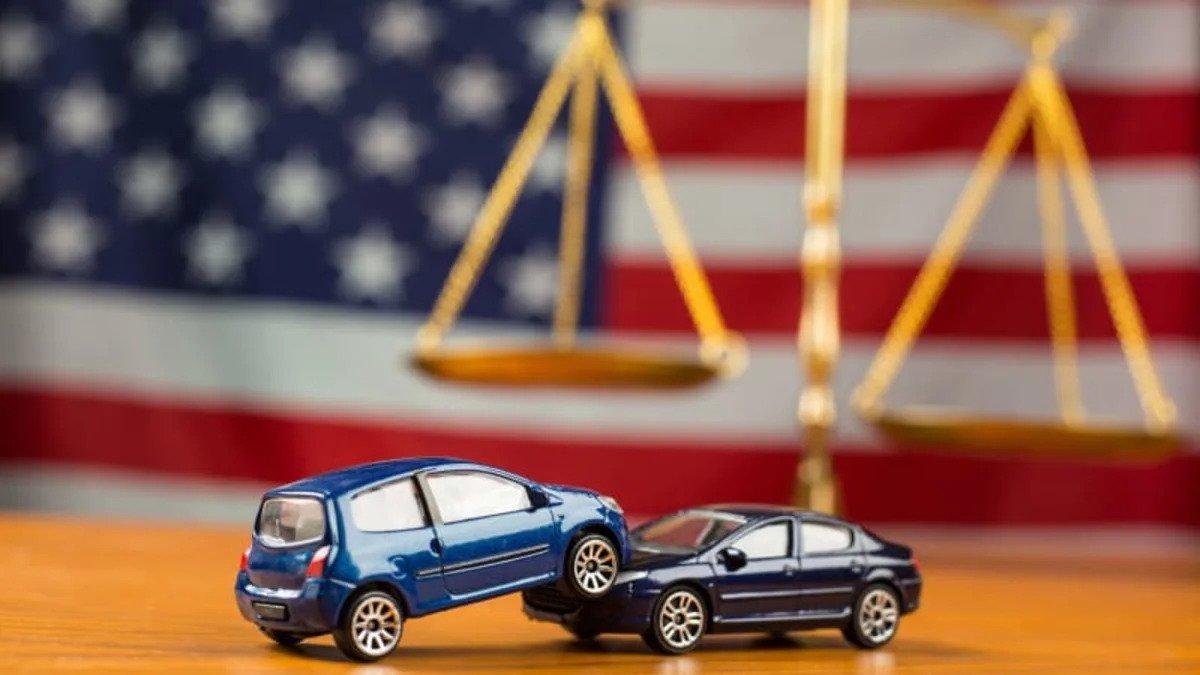Your first instinct might be to just pay the fine and be done with it when you're ticketed for a traffic violation. You're not alone - Business Insider reports that only about 5 percent of motorists contest citations. Hiring a lawyer could end up costing you more than the fine, but you might want to consider fighting it out on your own.
Traffic court doesn't want your business
Notify the traffic court that you plan to fight the ticket. They won't be particularly happy to hear this, but that's OK. Given the sheer volume of tickets that are issued on a weekly basis, particularly in large cities, the court system would grind to a halt if every driver asked for his day in court. So do it, and ask for a continuance or postponement of the hearing while you're at it. This gives you more time to prepare, and the ticketing officer might not even show up on the new date so your case will be dismissed. If he does appear, his memory of the incident may be spottier weeks or months down the road.
Check that ticket
Look carefully at your traffic ticket. It might seem like no big deal if the officer spelled your name wrong, but this could, in fact, result in dismissal of your case if you bring it to the judge's attention. Check other information as well: the location where the officer says the incident occurred and the time when he says it happened. Go online and check to make sure the traffic code number on the ticket is really the offense you're accused of.
Prepare your argument
If your ticket passes muster, you'll have to refute the officer's testimony in court. Exactly how you can do this depends on whether your ticket is based on the officer's subjective judgment or an objective observation.
A subjective judgment is based on the officer's opinion. If he says he saw you weaving in your lane, this is a subjective judgment - unless he caught you driving erratically on his dash cam. Then it becomes an objective observation. You might challenge subjective testimony by pointing out that the officer was on a side street or in a parking lot, not behind you. His location to the right or left of your vehicle might have made it difficult for him to tell whether you were indeed inching close to the center line.
Though you might have heard that the officer has the burden of proof to establish that you actually did something wrong, in most states this is not actually the case. Some states have laws for ?civil? or ?decriminalized? traffic violations where as long as 50 percent of the evidence is against, you will most likely be convicted and have to pay the ticket. Other states including Vermont have laws that state that as long as the state proves it is highly probable you broke the law, you will have to pay the fine. Make sure you research your states laws thoroughly before assuming the burden of proof is on the officer.
It's really not your fault
Objective observations are more difficult to fight because they're often backed by more evidence. You either did or did not stop at that stop sign, but again, you need only raise reasonable doubt that you should be charged with the infraction.
Maybe you didn't see the stop sign. Maybe it was hopelessly obscured behind some foliage. Go to the scene and take some photographs. You can print them out and offer them as evidence in court. Have a passenger testify that he couldn't see the stop sign either. Just keep in mind that your explanation and proof should be factual and reasonable. The judge won't be impressed otherwise, and he might even become annoyed if you tell him you didn't see the sign because you were preoccupied.
When all else fails
Even if you have no reasonable explanation for what happened, go to court anyway. Consider throwing yourself on the judge's mercy. Yes, you were wrong, but you have an otherwise spotless driving record. The judge might cut the offense down to one less serious, particularly if paying the fine or a higher insurance rate would present an undue hardship on you. Some states allow you to attend driving classes in exchange for making the violation go away, or at least for getting it reduced.
If you don't fight the ticket, you've already lost. Check out the National Motorists Association's 250-page booklet for additional help.


Sign in to post
Please sign in to leave a comment.
Continue